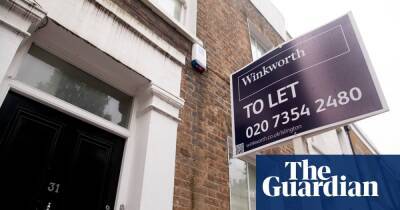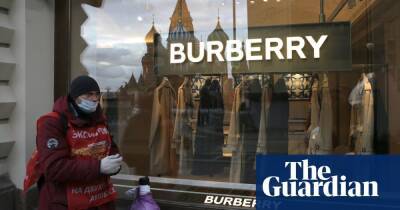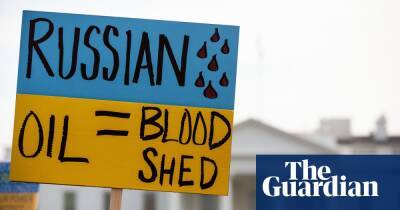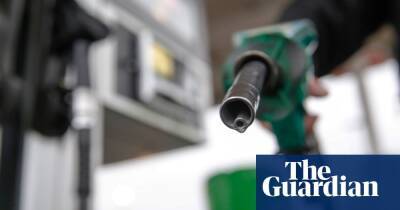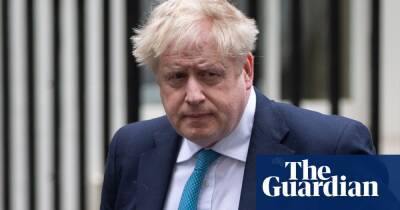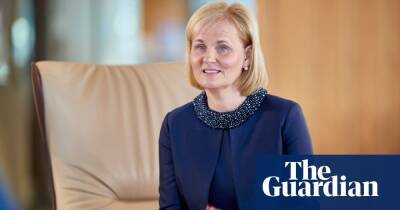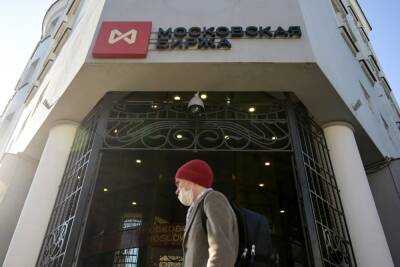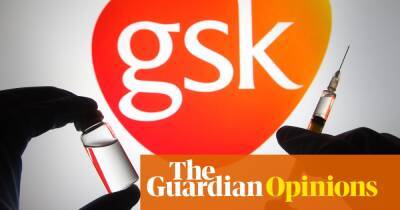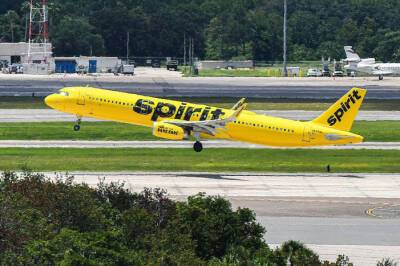Boost for GSK as it reports earnings at £1.4bn in Covid-related sales
GSK made £1.4bn from Covid-related medicines last year, beating forecasts in its first financial results since rejecting Unilever’s £50bn buyout offer in December, as chief executive Emma Walmsley pledged a “step-change in growth” in a landmark year.
The company is under the spotlight after promising to raise billions by spinning out its consumer arm, whose brands include Nicorette, Panadol and Aquafresh, in a London stock market listing this summer.
GSK reported total sales of £34bn for 2021, in line with last year. The consumer healthcare business contributed £9.6bn, down 4% from 2020. GSK’s annual profit before tax fell to £5.1bn, from £6.4bn in 2020.
In the final quarter of the year, turnover rose 9% to £9.5bn, slightly ahead of analysts’ forecasts, while earnings per share were also better than expected at 25.6p. Analysts at Morgan Stanley and Goldman Sachs described the results as “solid”.
GSK’s biggest Covid treatment was Xevudy (sotrovimab), an injected antibody treatment approved by the UK drugs watchdog in early December. Trials found it cut the likelihood of hospital admission and death by 79% in people with mild to moderate Covid-19 who are at high risk of developing severe disease. It was found to be effective against the Omicron variant.
The drug brought in £958m of sales while GSK’s pandemic adjuvant, a formula added to Covid vaccines developed by others to make them more effective, generated sales of £447m.
Walmsley said: “This is going to be a landmark year for GSK, with a step-change in growth expected and multiple research and development catalysts, including milestones on up to seven key late-stage pipeline assets. 2022 is also the year when we demerge our world-leading consumer healthcare business.”
She
Read more on theguardian.com


